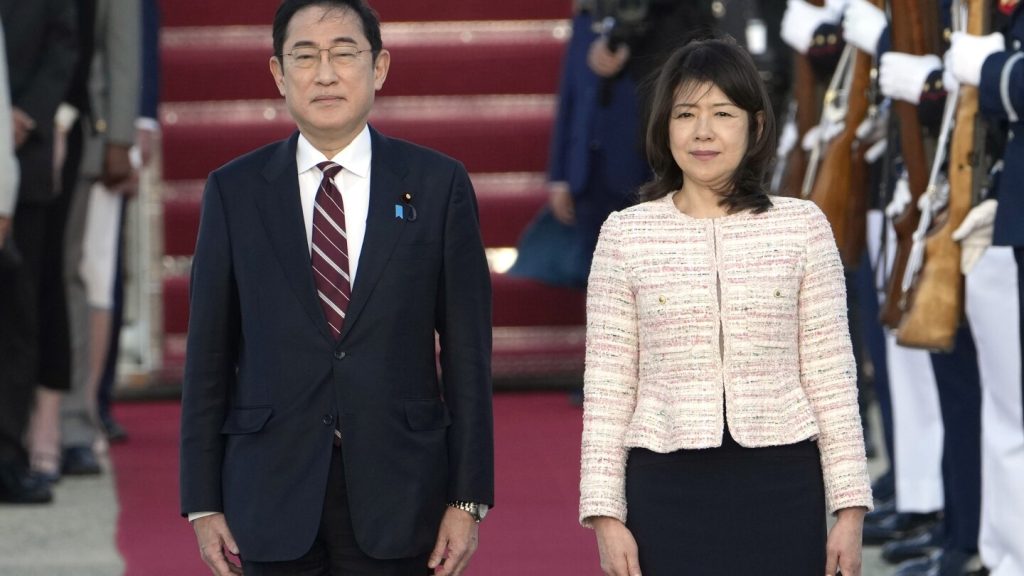Japanese Prime Minister Fumio Kishida is visiting Washington, D.C. to discuss shared concerns about Chinese military actions in the Pacific. He will meet with President Joe Biden, visit Arlington National Cemetery and the U.S. Chamber of Commerce, and attend a state dinner. Kishida will also address a joint meeting of Congress, making him just the second Japanese leader to do so. The visit comes after Biden opposed the sale of U.S. Steel to Nippon Steel of Japan due to concerns about American steel companies and workers.
Biden’s envoy to Tokyo, Ambassador Rahm Emanuel, downplayed the impact of the U.S. Steel acquisition on the relationship between the two countries, emphasizing the deep and significant nature of the U.S.-Japan partnership. Nippon Steel’s planned acquisition of U.S. Steel raised concerns about unionized workers, supply chains, and national security. Despite this issue, Biden has prioritized focusing on the Pacific region, hosting leaders like Kishida and South Korean President Yoon Suk Yeol. Japan has shown strong support for Ukraine and boosted its defense spending amid worries about China’s military assertiveness.
During his visit to Washington, Kishida is expected to emphasize Japan’s support for Ukraine and discuss the importance of addressing conflicts in various regions. He will also participate in a meeting with Biden and Philippine President Ferdinand Marcos Jr. to discuss maintaining peace and stability in the Indo-Pacific region. The leaders are likely to talk about upgrading the U.S. military command structure in Japan and Japan’s participation in NASA’s Artemis moon program. Japan will contribute a moon rover developed by Toyota and include a Japanese astronaut in the mission.
Kishida’s visit to the U.S. will also include a tour of Toyota’s electric vehicle battery factory and Honda’s business jet subsidiary in North Carolina. He will engage with students at North Carolina State University, showcasing Japan’s contributions to technology and innovation. The trip highlights the strong and multifaceted relationship between the U.S. and Japan, despite occasional differences over commercial deals. Kishida’s presence in Washington underscores the strategic importance of the alliance in promoting peace, stability, and cooperation in the Indo-Pacific region.


